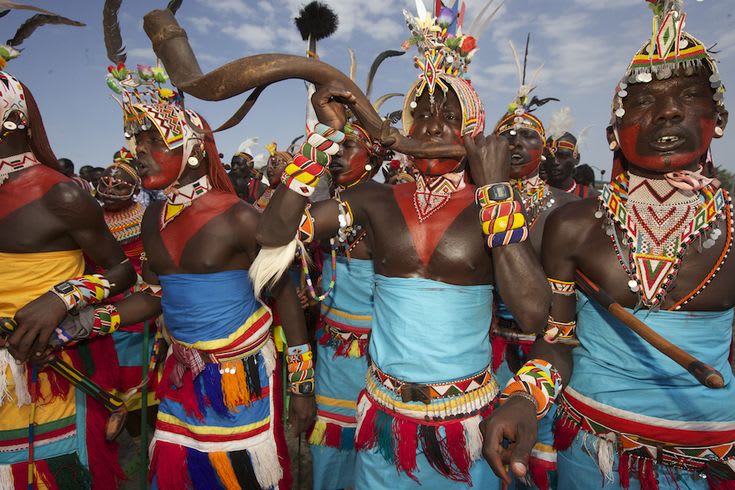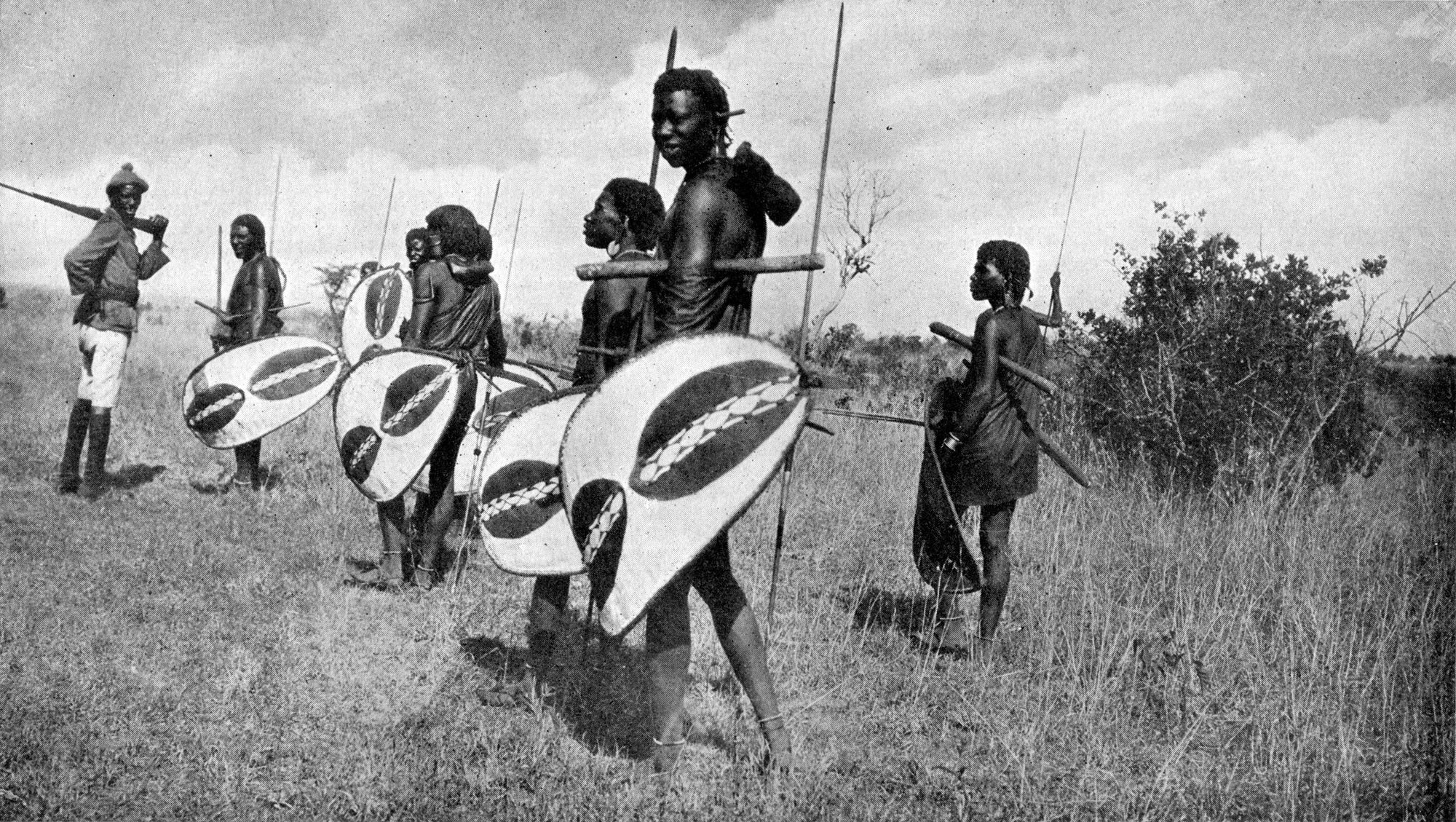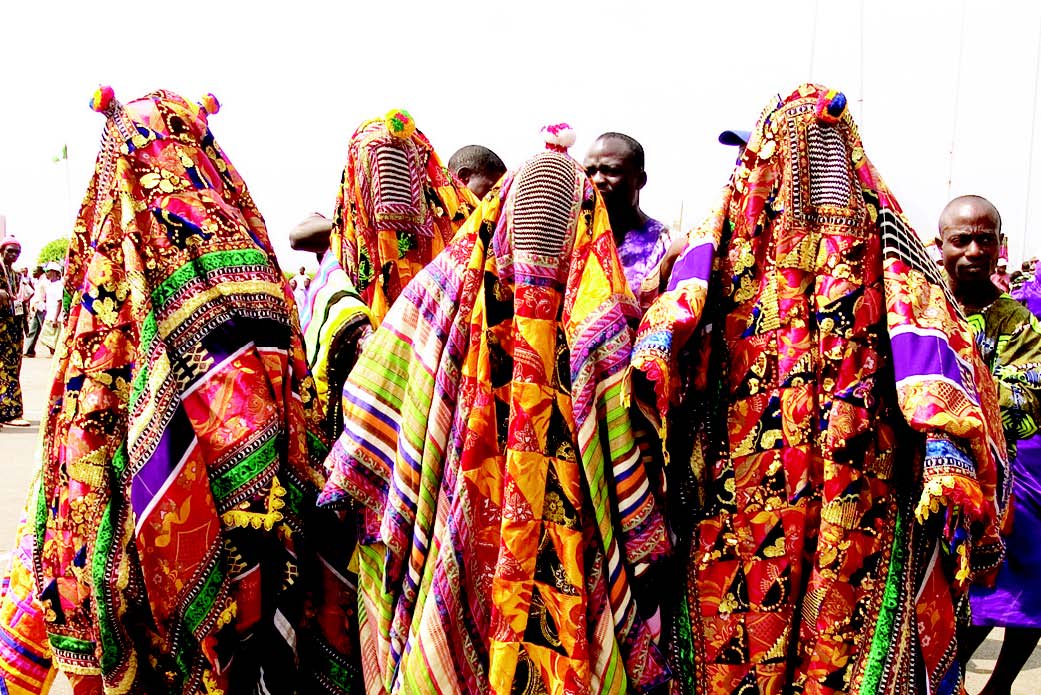In many African societies, an important aspect of traditional education is concerned with teaching oral literature using folktales, riddles and proverbs, which aim at molding character and providing children with moral values like honesty, integrity, courage and solidarity.
Africans, like most cultures elsewhere in the world, have a set of values which they consider worthwhile and necessary for the preservation and wellbeing of their culture. Folktales are a form of oral literature, which draw their material from the realities of the society and reflect peoples’ values and world views. As a result, folktales are often used as a vehicle for transmitting and preserving shared values and collective experiences.
For several generations, stories from Africa have traditionally been passed down by word of mouth. Often after a hard day’s work, the adults would gather the children together by moonlight, around a village fire and tell stories. Usually, the stories are meant to prepare young people for life, and so each story teaches a moral lesson.
In African folktales, the stories reflect the culture where diverse types of animals abound. The animals and birds are often accorded human attributes, so it is not uncommon to find animals talking, singing or demonstrating human characteristics such as greed, jealousy, honesty, etc. Contemporary African folktales are imaginatively refined for the purpose of injecting new meanings, ideas and values, based on society’s contemporary experiences and relations.
Musarwa Chaka, a retired farmer in Zimbabwe, fondly remembers his experiences with African folktales as a child, “When we were growing up, our parents could not afford television sets and there were no parks with play areas for us, so your boredom was your responsibility. We had to entertain ourselves basically. So often in the evenings, our parents or grandparents would gather us around a big fire and tell us stories. That was entertainment for us, but it also taught us a lot of critical life lessons, even though the stories were mostly about animals. Be that as it was, what was interesting is the fact that regardless of where you are from in the country, we had all heard the same stories, with the same characters!”
African folktales are believed to have the power to hold the community together, that is, the ancestors, the living and those yet to be born. This is because they communicate morals and traditions to the young, preparing them for real life obstacles. Many African folktales belong to a particular region, meaning that the stories often reflect the storytellers’ culture. People portray, through the stories, not only their experiences but also their knowledge of the plants and animals around them.
According to Shatani Murenga, a nurse in Gaborone, Botswana, “In the olden days, our parents and grandparents used folktales to convey strong messages to us, often warnings and to teach us how to lead better lives than they themselves did. For instance, one key message I recall is using mermaid folktales to teach us about the dangers of playing by huge waterbodies like rivers, because naturally as young girls and boys we were curious and care-free, so we often played by and swam by dangerous waterbodies. Our parents would tell us scary stories that would send strong messages to us and it often worked! So, folktales were sincerely important, they were not just for entertainment or to pass time.”
Owing to the fact that these folktales reflected people’s values and outlook on the world, reading and learning about these stories from an outsider’s perspective helps us understand such communities and their values.









